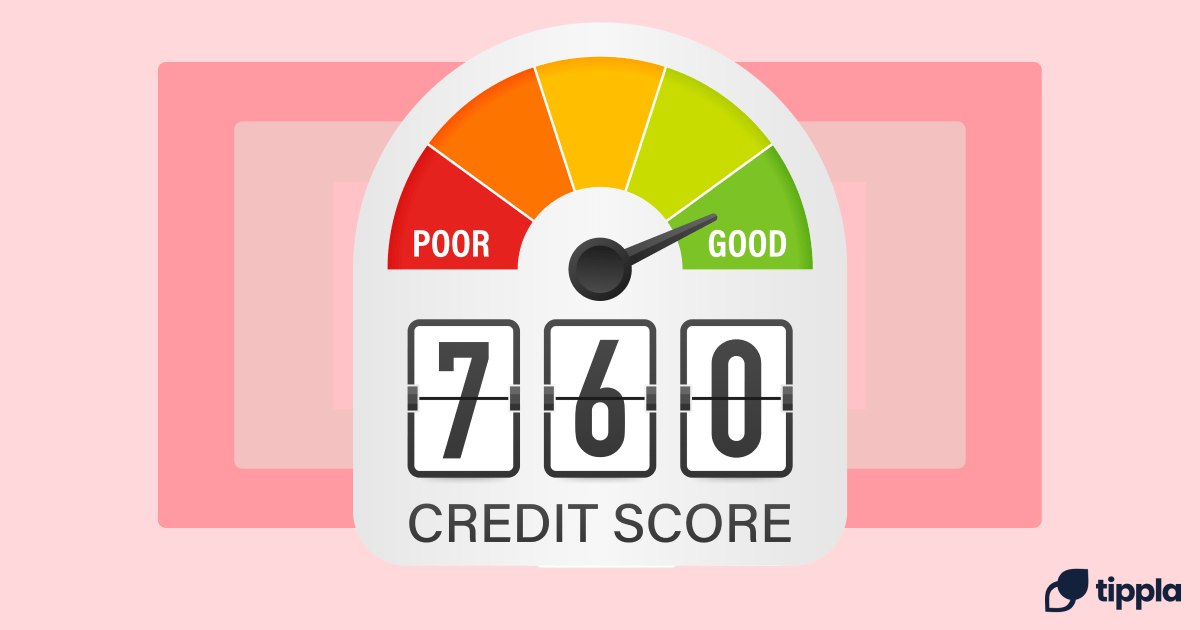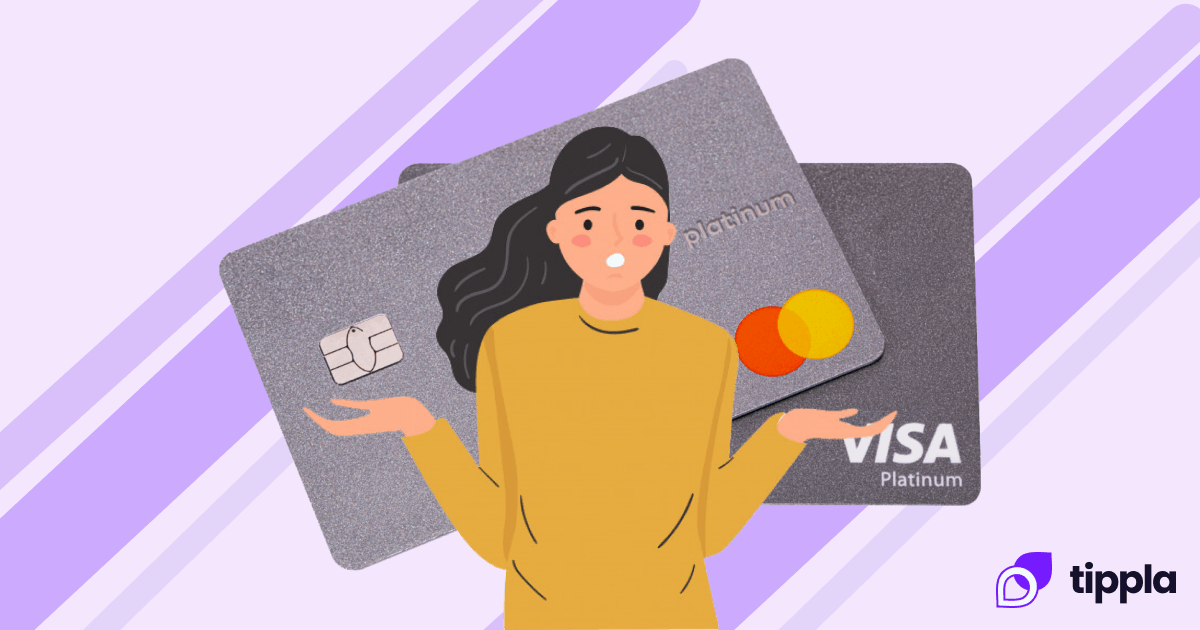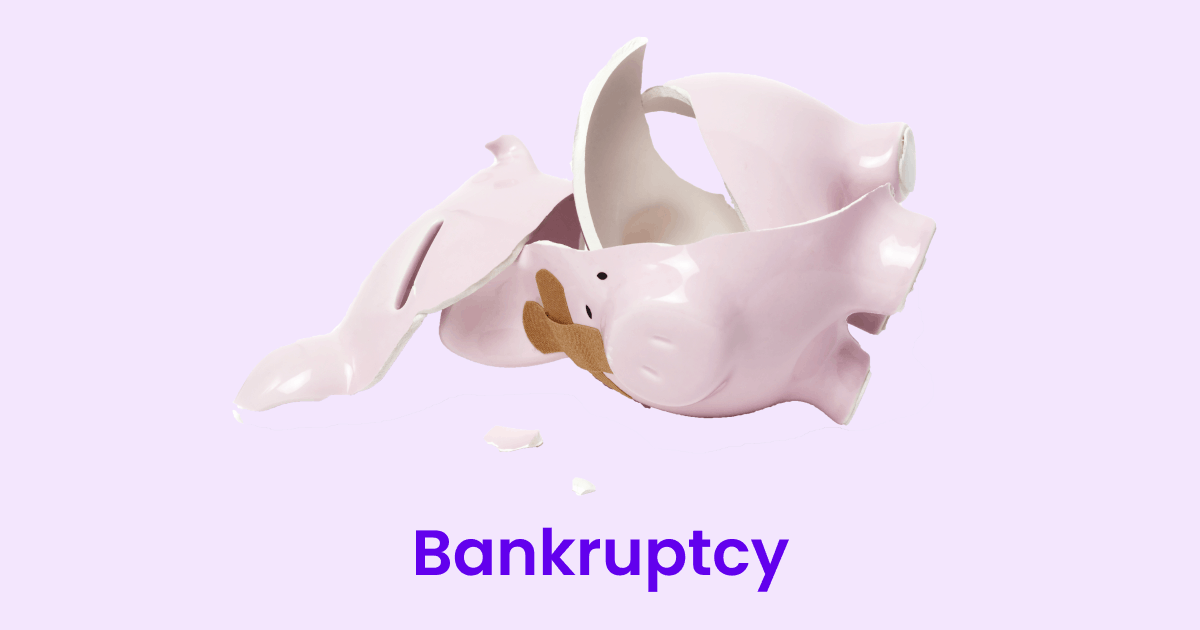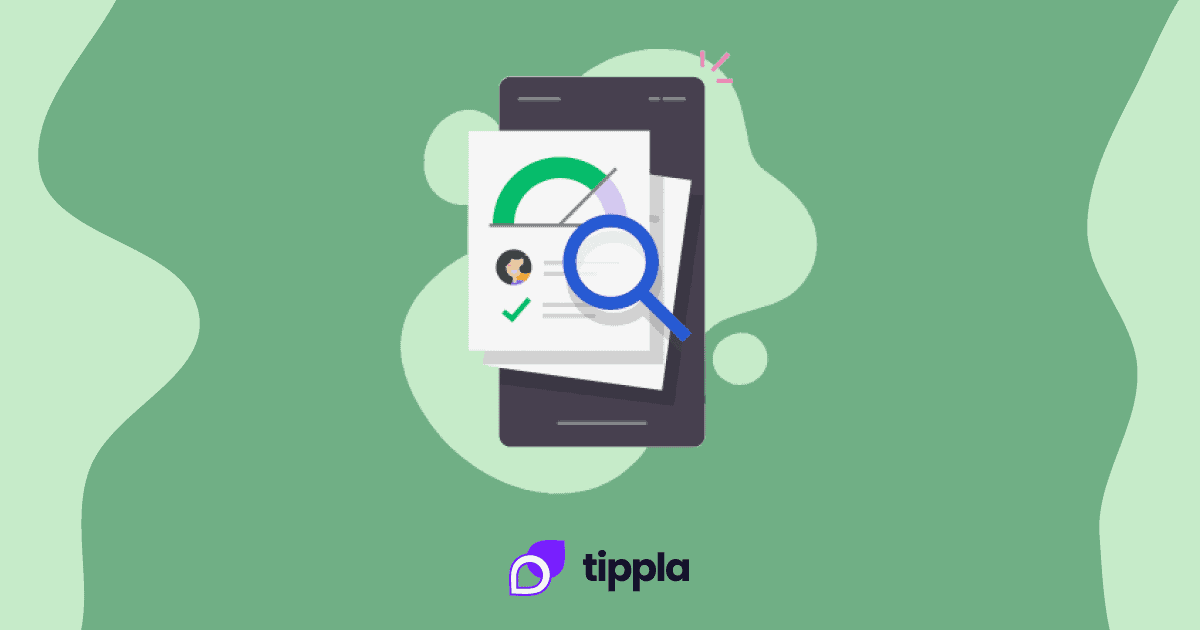Published in September 7, 2021
Should I get a debt consolidation loan?

Debt consolidation loans bundle your overall debt to help grant you lower interest rates.
If you’re overwhelmed with the amount of debt you have from credit cards, loans, or bills, you can combine those payments into one payment by consolidating all your debt. Consolidation loans bundle up all your debt into a singular payment for potentially lower interest rates and higher savings.
How does a debt consolidation loan work?
The entire concept of a debt consolidation loan is you essentially take out a new loan to pay off your existing debt. Generally, you can borrow anywhere between two to tens of thousands of dollars, and repayments range between two to seven years, depending on your lender. Although interest rates remain fixed, they may vary based on your credit score.
Depending on the debt consolidation provider, some might either pay your creditors directly, and some might give you the funds to pay it off yourself. However, there might be restrictions on which debts can be consolidated. Eligible debts include credit cards, bills, or other personal loans.
Financial institutions that offer debt consolidation include banks, credit unions, or online loan companies. Although they’re considered costly, you may also contact debt settlement companies to negotiate potentially decreasing your owed payment on your behalf with your lender.
Do debt consolidation loans hurt your credit?
Similar to normal loans, consolidation loans affect your credit score. When applying for any type of loan, you’ll experience an inquiry into your credit history, which typically results in a temporary small drop in your credit score.
Upon securing a loan, the way you handle your repayments will impact your credit score. You have the opportunity to improve your credit score if your payments are constantly timely.
Keep in mind that all normal factors that contribute to a credit score, also apply to your consolidation loan.
Credit scores are generally determined by:
– Accounts owed
– Payment history
– Types of credit used
– Any new credit
– Length of credit history
Should I get a debt consolidation loan?
Consolidation loans typically result in lower interest rates, meaning you could save more money.
Having all your bills under one single payment with a consolidation loan might be a helpful feature on your credit history. However, you could also end up paying more over the length of your loan, as some repayment lengths can range up to seven years.
Think of consolidation loans as a restructuring tool for your debt. That means they don’t eliminate your payments or act as a permanent solution. If you struggle with your spending habits, you may run into debt again, therefore you should consider having a financial strategy in place.
Plan a thorough budget with Moneysmart to understand your spending habits and how much you can afford for your monthly payments.
Alternatives to debt consolidation
– Credit card balance transfer. Some financial institutions offer credit cards with 0% interest on balance transfers. You can then transfer your dents onto it.
– Credit counselling. You might be able to find nonprofit counselling agencies that offer help with a debt management plan.
Tippla is dedicated to helping you understand how car loans work.
While we at Tippla will always do our best to provide you with the information you need to financially thrive, it’s important to note that we’re not debt counsellors, nor do we provide financial advice. Be sure to speak to your financial services professional before making any decisions.
Related articles

How Often Does My Credit Score Change?
28/09/2021
We have covered what can affect your credit score...

What’s The Difference Between Visa and Mastercard?
28/07/2021
Visa and Mastercard are household names, recognised across the...

How Does Bankruptcy Affect Your Credit Score?
12/10/2021
Bankruptcy – it’s a word that you’ve very likely...

What Affects My Credit Score? A Quick Guide
13/09/2021
Whether you’re applying for credit or simply want to...
Subscribe to our newsletter
Stay up to date with Tippla's financial blog